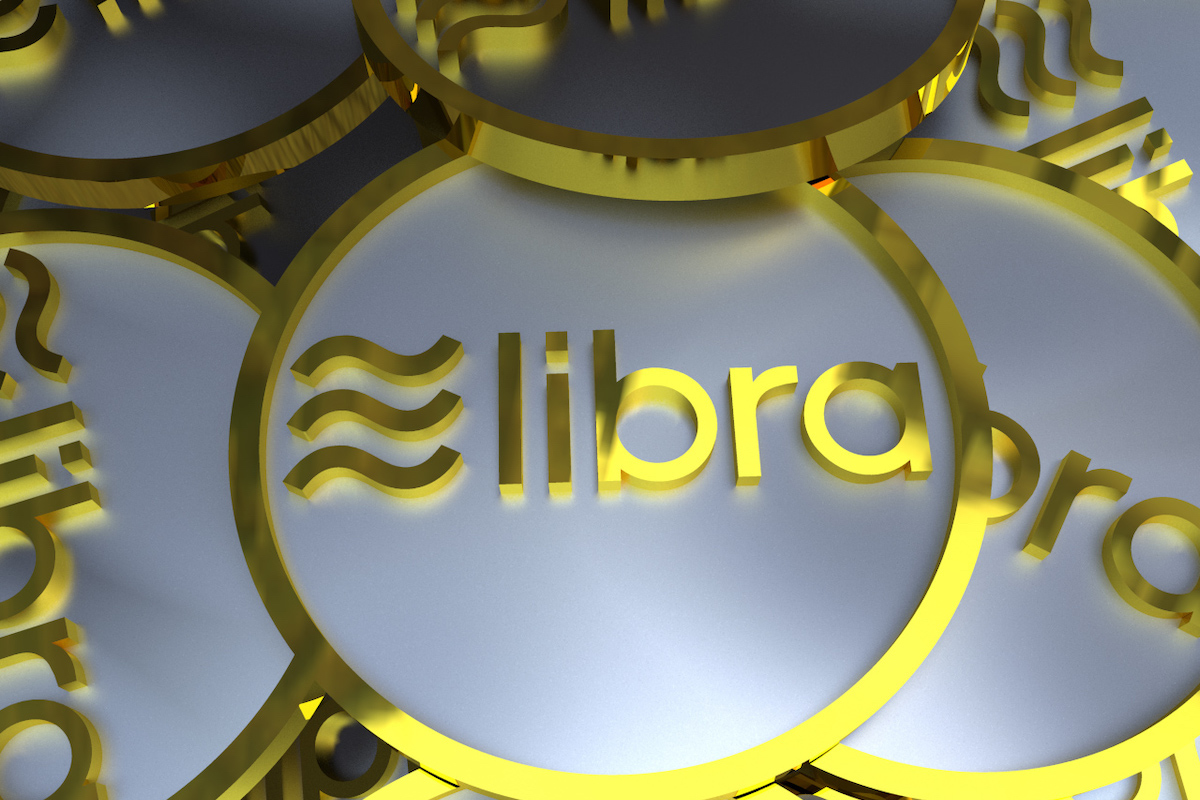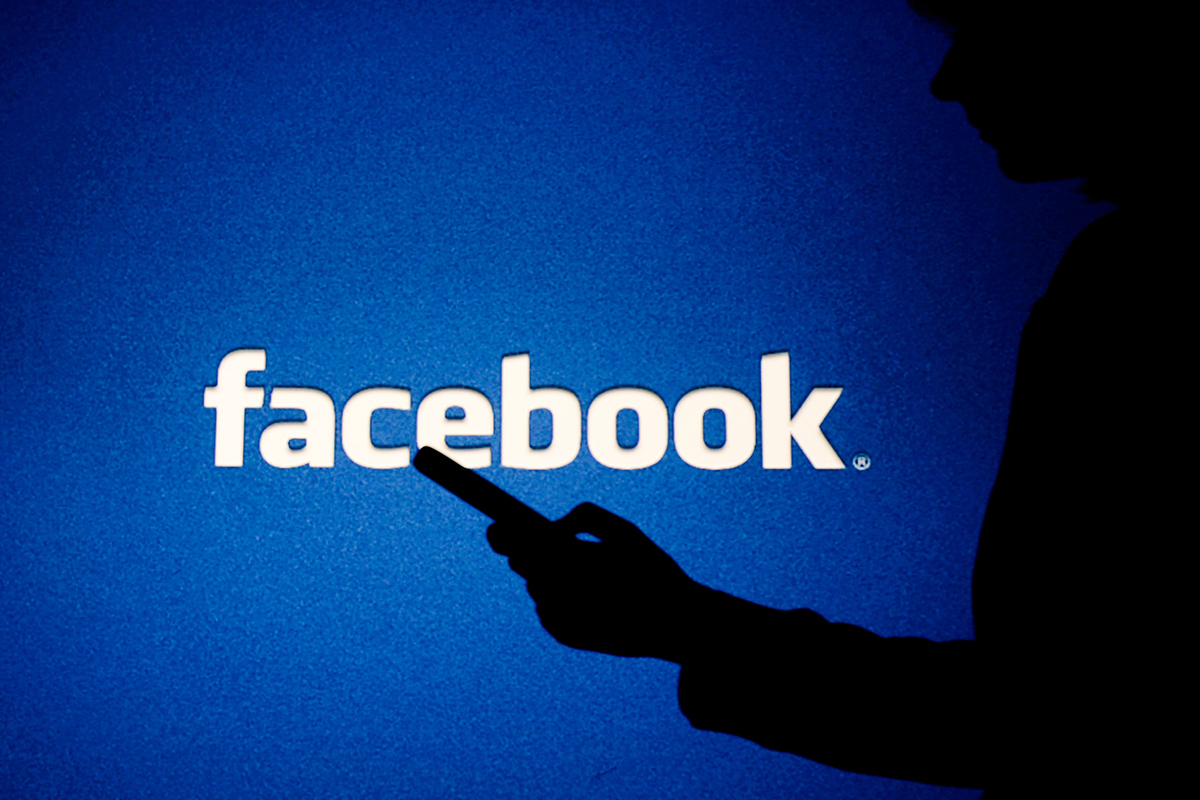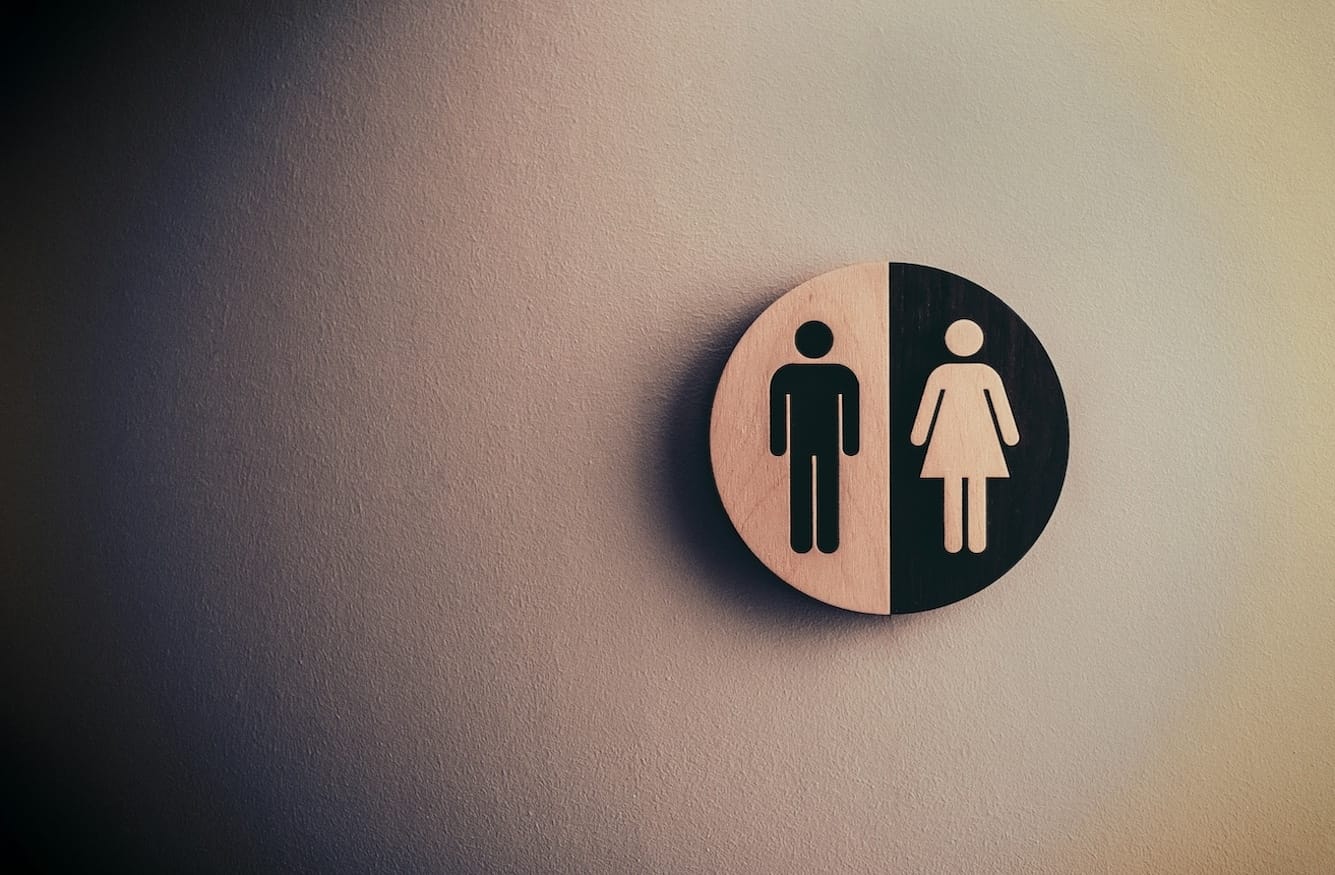Recommended
Facebook Already Controls Our Information. Don’t Let It Control Our Commerce
But while other cryptocurrencies can serve to increase our personal freedom and privacy, Libra, which is scheduled for launch in 2020, likely would have the opposite effect.

In recent years, not a month has gone by without yet another unsettling exposé of Facebook’s content-moderation policies and corporate machinations. One report from February explained how Facebook moderators can end up believing the conspiracies they’re hired to weed out. In another case, Facebook’s top executives hired lobbyists to present some of its critics as extremists. Facebook’s platform and subsidiaries have even been linked to the incitement of genocide in Myanmar and deadly lynch mobs in India.
Not so long ago, in the days when using proto-social media meant dialing up to a CompuServe or AOL chat room, we never could have imagined (those of us old enough to remember that time, at least) that the name of a company like Facebook would appear in the headlines of breaking stories about geopolitics. But in 2019, it’s an everyday occurrence.
Facebook runs the world’s biggest social media platform. It also runs Instagram, the world’s second biggest social media platform, and several large messaging platforms, including WhatsApp. It has become perhaps the most important de-facto news-delivery platform in the world. While journalists and academics often focus on Twitter (because that’s where they conduct their arguments), it is Facebook that has a chokehold on how ordinary people communicate, manage their friendships, and learn about what is happening in the world. And all the while, Facebook is scraping data about your relationships and contacts, feeding you targeted ads, and profiling you to determine which content will keep you more engaged and emotionally dependent on its feed.
One of the few places where Facebook does not have dominant market penetration is mainland China, which places strict controls on foreign tech companies. Its market is instead dominated by WeChat, a compound app that acts as a combination of Facebook, Instagram and WhatsApp, and also allows the Chinese authorities to censor content that is critical of the government, or otherwise incompatible with Beijing’s desire for societal “harmony.”
WeChat provides a window into what may well become our own future here in the West. The app has become almost indispensable for city life, as it now serves as a platform for a majority of small payments. Even loan applications now go through WeChat. Writing for the science publication Nautilus, Barclay Bram reported that WeChat is not only ubiquitous, but virtually omniscient: “Before 10 on a normal day in [the city of] Chengdu, WeChat knows roughly when I wake up, who has messaged me and who I message, what we talk about. It knows my bank details, my address, my coffee preference in the morning. It knows my biometric information; it knows the very contours of my face.”

“But this isn’t all it knows,” Bram wrote. “I use WeChat to pay my rent. I use it to pay for my utilities. I use it to top up my phone credit. I use WeChat to pay for the metro system. I use it to scan QR codes on the back of shared-bike schemes throughout the city. I use it to call cabs. It knows where I go and how I go there.”
WeChat’s expansion from a social media platform to a payment provider likely will provide a model for Facebook’s own expansion. And thanks to the rise of cryptocurrencies, the company likely won’t be encumbered by many of the hurdles that once might have beset a media company seeking to jack into the retail-commerce backbone of the world’s major industrialized nations. Indeed, it won’t even have to deal with the fluctuating valuations of legacy cryptocurrencies, because Facebook is setting up its own currency, called Libra. The Financial Times has called this development “disruptive.” But that’s euphemistic. Given the company’s existing level of political and social influence, the creation of a global currency that would answer to Facebook is a potentially catastrophic idea.
Facebook describes Libra as “a simple global currency and financial infrastructure that empowers billions of people.” Like other cryptocurrencies, it would be based on a decentralized blockchain model. And as with other cryptocurrencies, it would theoretically allow billions of people around the world to buy and sell products and services without using bank accounts or credit cards. But while other cryptocurrencies can serve to increase our personal freedom and privacy, Libra, which is scheduled for launch in 2020, likely would have the opposite effect.
In anticipation of user fears, Facebook has set up the Libra project through a subsidiary called Calibra as an arm’s length operation managed by a Swiss-based entity called “the Libra Association.” According to its website, the association will be “governed by diverse businesses, nonprofit and multilateral organizations, and academic institutions,” which will “work together to finalize the Libra Association’s charter.” But as Fortune has reported, the system will be designed in a way that encourages users to mesh their day-to-day Facebook and Libra usage, and “people who use Calibra will have to trust Facebook’s internal firewalls and security measures.”
The design of Libra has not yet been finalized. And its architecture could be altered in response to the numerous concerns that already have been raised by banking regulators. But in the worst-case scenario—from a privacy perspective—Facebook would obtain a record of every transaction made through Libra, with the details tied to your identity. This information would then go into the company’s content algorithms, which power WhatsApp, Instagram and Facebook itself.
Cryptocurrencies traditionally have appealed to privacy advocates because blockchain technology allows their architecture to be decentralized—a feature that Libra trumpets. But the Libra Association is hardly a commune of techno-anarchists. Its founding members include Visa, MasterCard, PayPal, eBay and Uber. Any future members likely would have to be approved by Facebook or its proxies.
Another problem is that Libra could become weaponized in the campaign of ideological viewpoint discrimination that Big Tech has been waging openly in a recent years. In a world where Libra becomes indispensable, the repercussions for being found guilty of “problematic” statements on Facebook or other platforms would go beyond a ban on posting photos or political opinions: You may face problems paying your rent. While traditional currencies are vulnerable to concerted action by governments, Libra is vulnerable to virtual blockades and blackballing by Silicon Valley.
Izabella Kaminska, editor of the Financial Times’ Alphaville blog, describes Libra as “nothing more than a brazen attempt to override national monetary sovereignty by creating a global-scale Federal Reserve equivalent—within which Facebook’s dominance is veiled by the cunning use of buzzwords like blockchain, decentralization and cryptocurrency.” Many blockchain experts have been equally scathing. Peter Todd, a well-known cryptocurrency expert, tweeted in June that “it’s remarkable how dishonest the Facebook Libra technical documents are. They repeatedly describe Libra as decentralized, when it obviously isn’t.” And blockchain researchers at Nym have called Libra “blockchain virtue-signaling at its worst—centralized, not private, and good for Facebook.”
Both European and American lawmakers expressed opposition to Libra shortly after it was announced. But Facebook knows that Libra’s main market is within developing countries, where users are less likely to have credit cards and bank account, and so are more likely to give up their privacy in exchange for a new financial tool. Indeed, governments in developing countries may themselves be happy to use Libra for their own purposes. As with WeChat, it could help them build a one-stop shop for managing financial flows and monitoring dissent.
In Indonesia, the Philippines and Thailand, studies indicate that large swathes of the population think that Facebook is the Internet. And the company itself helps promote the blurring of brand and medium through its affiliation with Internet.org, a Facebook-led effort with the declared goal of “bringing internet access and the benefits of connectivity to the portion of the world that doesn‘t have them.” Surely, the creation of a new cryptocurrency qualifies as “connectivity,” right?
Through concerted action, national governments likely could block the creation of Libra—or at least alter its architecture in a substantial way—especially if they applied their anti-trust powers. But this wouldn’t get to the root of the threat, which is Facebook’s relentlessly expanding power over increasingly overlapping areas of our lives. And so the rise of Libra signals a larger problem that requires a larger solution. Simply put, Facebook must be broken up, in the style of North America’s Bell System in the early 1980s.
Facebook isn’t just a big social media company that became an enormous social media company. It has mutated into a de facto empire unto itself. Moreover, it is controlled by a single human being, Mark Zuckerberg, who possesses 53 percent of voting rights within the company.
In his article on WeChat, Bram noted that “people are regularly arrested for messages they send” in WeChat. Nobody is arguing that Facebook is going to create a constabulary, or that life under Libra will resemble a dystopian film. But no corporation should have this much control over the way ordinary people live their lives.






